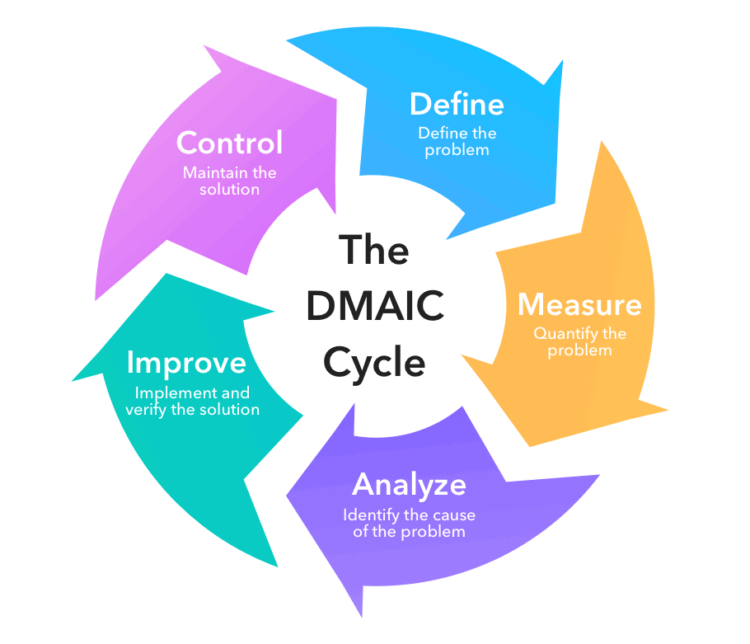Today, more than ever before, enterprises are increasingly being faced with unparalleled competitive and regulatory demands, along with elevated levels of business uncertainty as they wade through the upsetting waters of contemporary global economy. On yet another front, the convergence of technology witnessed in the 21st century has made many enterprises increasingly concerned with how to productively transition to an enterprise exploiting information technology to its fullest strategic potential. In the light of these concerns, it is obvious that executives must embrace a paradigm shift from the traditional enterprise management approaches to more market-oriented approaches, which underlines the need to balance capabilities, manage risks, improve processes and systems, and engage in agile decision-making with a view to achieve the desired business end-states. As has been witnessed in the company, the organization’s Enterprise Architecture (EA) plays a critical role in this transition, particularly in integrating key processes and systems to enable Continue reading
Modern Business Concepts
Telecommuting – Definition, Management, Benefits, and Drawbacks
Meaning and Definition of Telecommuting Telecommuting is the practice of working from one’s home, or at a satellite location near one’s home, where employees use communication and computer technology to interface with internal and external stakeholders. The advent of telecommuting has changed the profile of the global workforce dramatically. The workers are no longer confined within the walls of the office. They are becoming more technologically savvy and work on flexible timings at remote locations. Telecommuting has been defined in many ways, but all such definitions are based on two concepts: the office is not the only place where work can be conducted; and secondly, information technology (IT) is necessary for telecommuting. Telecommuting is also defined as the case in which an employee is paid for work conducted at an alternative worksite, so total commuting time is reduced. The success of telecommuting is seen in the fact that the total Continue reading
Greenwashing – Meaning and Examples
Marketing ethics is an area that is crucial when it comes to marketing because ethics guide the moral principles that regulate marketing. In a simple definition, marketing ethics are the morals of marketing. There are both good and bad behaviors that make up the morals. Over the years, marketers have used the wrong principles to boost sales, especially through advertisements and promotions where customers are not told the truth about a product so that they can buy the product. There are many organizations that have been involved in corporate scandals that touch on ethics. Corporate scandals are unethical actions or illegal dealings that a company or its representative may engage in. In corporate ethics, marketers always try to be better decision makers because they want to make ethical decisions that avoid corporate scandals. Greenwashing Concept Greenwashing is the kind of marketing where the marketers deceive the customers that their products Continue reading
Advantages and Disadvantages of Outsourcing Strategy
Outsourcing constitutes one of the fundamental sourcing strategies that organizations can adopt. Outsourcing entails an approach whereby certain business processes are undertaken by an external entity. Thus, outsourcing is based on a contractual relationship. The concept of outsourcing has gained remarkable significance over the past few decades. Traditionally, outsourcing was limited to peripheral organizational tasks. This trend is changing as evidenced by the high rate at which outsourcing is being integrated into diverse organizational activities. Organizations perceive outsourcing as an essential strategy in their commitment to value addition. Some of the industries that have adopted the concept of outsourcing include aviation, manufacturing, and medical services. Firms in the oil and gas industry are also adopting the concept of outsourcing. Organizations’ motivation towards this strategy has been spurred by the need to attain competitiveness concerning high return on assets and better and quality service delivery. Secondly, the pressure to outsource has Continue reading
Corporate Reputation – Meaning, Definition, Elements and Importance
Meaning and Definition of Corporate Reputation Corporate reputation refers to perceptions of an organization held by all stakeholders acquired over time. This indicates that corporate reputation must be earned. It represents the image of an establishment that the customers have. While a section of scholars believes that reputation cannot be directed and controlled, most believe that it is an integral part of a business and must be managed. Therefore, reputation management refers to an attempt by organizations to influence how their clients perceive them. Corporate reputation defined as overall estimation in which a company is held by its constituents. A corporate reputation represents the net affective or emotional reaction – good bad, weak or strong – of customers, investors, employees and general public to the company’s name. World’s leading companies such as Coca cola, Unilever, Johnson & Johnson, Disney, etc. had truly created their corporate identities that define their who Continue reading
10 Important Theoretical Concepts in Business Analytics
Making informed choices in the workplace is of great importance since strong data analysis and decision-making skills enable teams to maximize the chances of success. In organizational contexts, those involved in making important decisions should be aware of different methods helping to analyze data sets and make accurate predictions. This article is aimed at analyzing 10 important theoretical concepts in business analytics and discussing their applications in data analysis and decision-making. Ten concepts discussed below facilitate the process of decision-making in business environments. The concepts are relevant to the workplace since they can be utilized to support strategy development, inform inventory and investment choices, establish effective internal policies, and maximize profits. 1. Probability The concept of probability can be justly listed among the terms having numerous applications in decision-making in everyday and professional problems. Based on class activities, the probability is basically the chance that a specific event will happen, Continue reading



